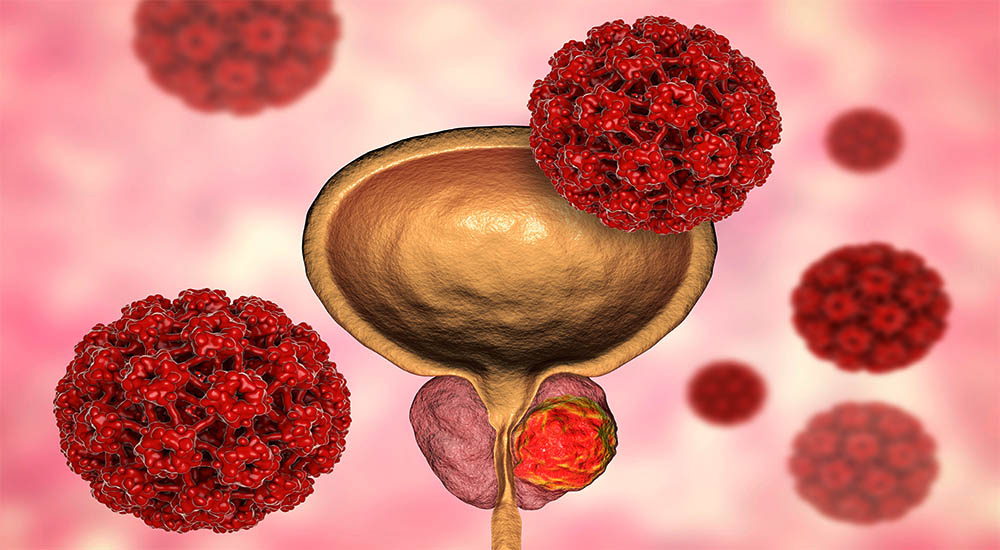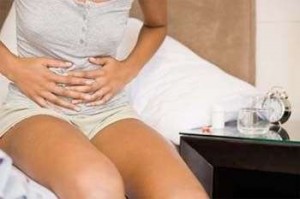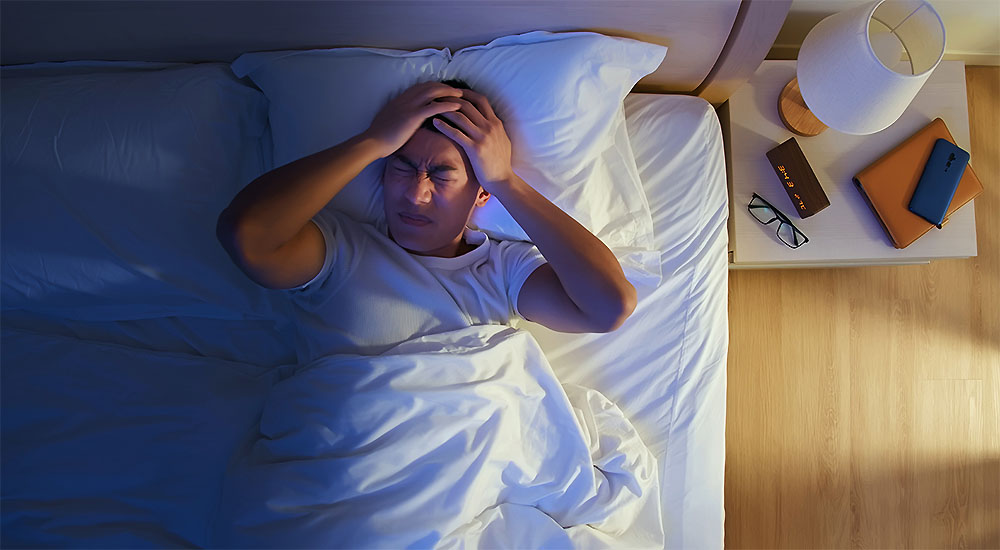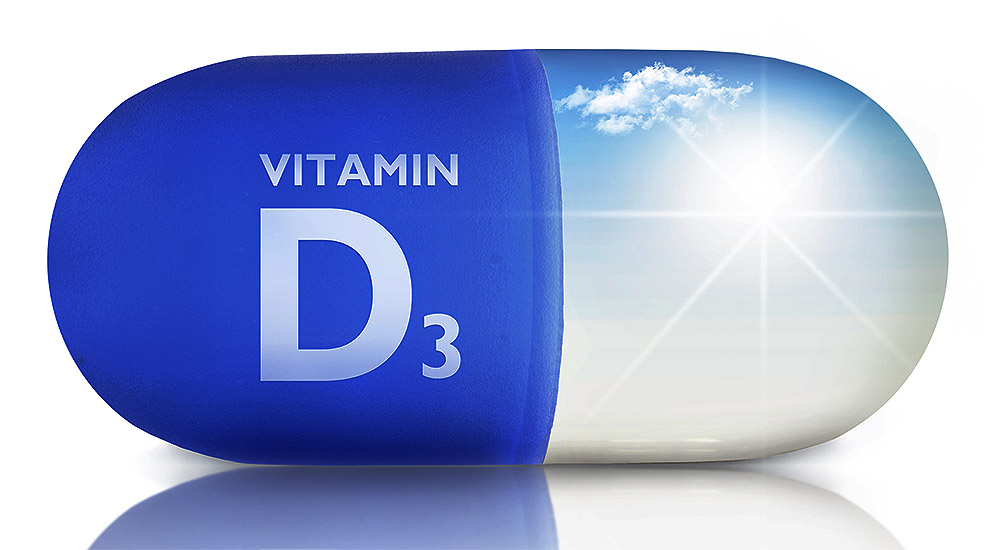Silent Bladder Infections & Incontinence. If 40+ You Need This

This post is most pertinent for women in the 40+ age range

As a clinical nutritionist I not only treat bladder infections or UTIs (urinary tract infections) as they are also called, but I try to discover WHY they occur. The typical medical treatment is an antibiotic, but many women notice that subsequent to taking antibiotics they get a bladder infection! That is definitely not a treatment designed to get to the root cause… I find that poor diet, yeast overgrowth, and frequent antibiotic use to be common culprits.
Also mentioned in the literature are improper hygiene habits, such as wiping back to front after using the toilet as well as irritation or bruising from the use of a diaphragm or pelvic surgery. The importance of urinating after intercourse is also noted.
How Does Diet Affect the Bladder
The nutrient-poor, fast food-rich American diet can cause a shift from a healthy acid to an unhealthy alkaline in the bladder and digestive tract. Food intolerances/allergies can also cause this shift and an alkaline environment is definitely ‘fertile ground’ for bacteria and yeast.
When our clinical nutrition department addresses the above issues with our patients, we encounter great success in eliminating the recurrence of chronic bladder infections as well as the more serious interstitial cystitis (IC).
Why are Bladder Infections More Common with Age
In elderly women it has been found that frequent bladder infections are common. Assuming they don’t have a catheter, which is definitely a common source for introducing infection, it has long been realized that the loss of tissue integrity in the area due to increasing age, raises the risk of infection.
When you think of it, urine is a toxin, right? The urine collects in the bladder and is then excreted into the vagina via a tube called the urethra. As a woman ages the tissues of the vagina and urethra thin, making them dryer, less elastic, and less healthy.
Specifically, the nice layer of mucus that protected them from infection is mostly gone. This results in vaginal dryness, discomfort with sitting and intercourse, plus SILENT BLADDER INFECTIONS.
Is Incontinence Misdiagnosed? Yes!
Not only are these infections silent because they don’t present with the classic symptoms of pain and urgency, but a woman can think that she’s become incontinent because the symptoms are quite similar.
The woman can’t hold her urine for long, she may ‘leak’ when laughing or sneezing, and she voids frequently. But… she has little to no discomfort so she ‘knows’ it’s not a bladder infection. Wrong! The trickle-down effect (pun intended!) is quite large from missing these silent bladder infections:
- The woman has an infection that is being missed and can lead to more serious health problems due to the strain on her immune system – think heart disease and cancer, to name a couple.
- The woman also has vaginal dryness and discomfort, impacting her love life and comfort when sitting.
- The woman is convinced that she’s incontinent which makes her feel older and has her resort to contacting a specialist to see what intervention (surgery is common) she requires to not require a diaper for the rest of her life.
I am one for one currently in diagnosing women who were ‘convinced’ they were incontinent, with what was actually a silent bladder infection. After treatment, they were delighted to discover that incontinence was not at all an issue.
Treatment is Key
As with everything we do here at Root Cause Medical Clinic, our clinical nutrition approach is geared to correct the reason why the problem is there and to ensure that it does not continue to recur.
Some may wonder how we ‘counter’ the effects of aging? Simply because we see something happening with increasing age doesn’t mean that it should be happening if the body was truly healthy. After all, the organs of your body are designed to last for 120 years.
If you’re in your 50s or 60s, I don’t think these problems should be occurring. In fact, they likely shouldn’t be occurring in your 70s or 80s either. So how do we treat it?
- Ensure that the acid/alkaline balance in the digestive tract and bladder is correct. If you are too alkaline it will affect your system negatively. Infectious organisms and yeast ‘love’ an alkaline environment and the last thing you want is for them to be happy. Normalizing this is done through addressing any food sensitivities, maintaining properly the good bacteria balance, and eradicating any inhospitable organisms that may be present. Interestingly this approach helps to normalize the function of the bladder and the digestive tract both, as they are very inter-related.
- Assess hormonal balance. This is critical for women who are perimenopausal or menopausal as the estrogen levels decrease at this time and they can be very responsible for the thinning of these tissues. Even if you are unsure about taking hormones, the good news is that the type of estrogen recommended for this condition is so safe that oncologists (doctors who treat cancer patients) typically have no trouble recommending it for their patients. Why? The estrogen used is called ‘estriol’. It’s not only the weakest of the three estrogens that mother nature makes, but it is considered the ‘anti-cancer estrogen’. When applied locally to vaginal tissues (via a small amount of crème) it is felt to stay local to those tissues and is therefore safe even with women who have had cancer. It works quickly to build up these tissues, preventing vaginal dryness, discomfort, and bladder infections.
- Hydrate. It is amazing how many people are truly dehydrated. Obviously when urine is more dilute it will be less potentially damaging to weakened tissues. Therefore consuming half your body weight in ounces of water per day is recommended.
- Personalized nutrients, depending on your condition, may also be prescribed and, of course, if the infection has gotten serious an antibiotic may be the only recourse. But with addressing the above issues at the same time we can hopefully make it your last infection.
Share this with the Women You Know!
Ladies, please share this with your girlfriends and family. Gentleman, please share this with the ladies you know.
As a clinical nutritionist, I am concerned about the number of needless antibiotics and surgical interventions that may be occurring when the solution is actually quite simple. This is an area that more women need to know about.
I hope you found this to be helpful and informative. Please let me know of any questions that you have and feel free to suggest other areas of health that you would like to know more about as a subject for future blogs. We are here to help!
Do you need help with your health?
We have the diagnostic and testing tools, the clinical experience, and a different medical approach to discovering the root cause of why you have the symptoms that are bothering you. As long as you are ready to make some dietary and lifestyle changes, we can help you. We will "hold your hand" through the changes, step by step, to make each step an easy one. We are located in Clearwater, FL, at 1000 S Ft Harrison, at the corner of Ft. Harrison Ave. and Magnolia St. There is plenty of parking space directly accessible from Ft Harrison. If it is not convenient for you to come to Root Cause Medical Clinic, we offer telehealth/telemedicine consultations to residents of certain states. Call us for details.
Contact us for a Consultation – Call 727-335-0400

Dr. Vikki Petersen DC. CCN
Founder of Root Cause Medical Clinic
Certified Functional Medicine Practitioner
Dr Vikki Petersen is a public speaker, author of two books, several eBooks and creates cutting edge content for her YouTube community. Dr Vikki is committed to bringing Root Cause Medicine and its unique approach to restoring health naturally to the world.
Ask a Doctor
Have a health concern you'd like to speak with a doctor about? Or just want clarity on a subject? Ask Us!


